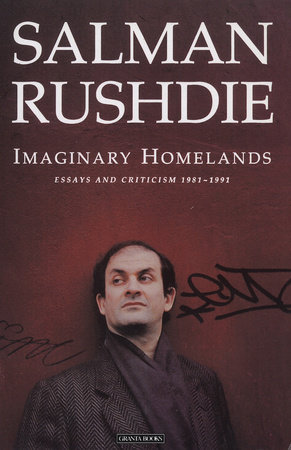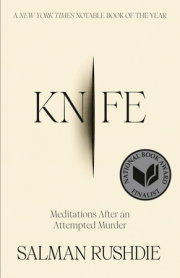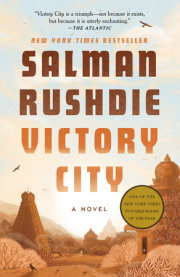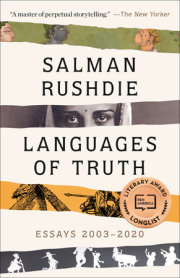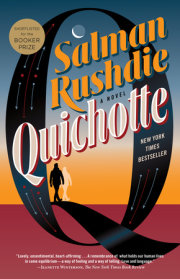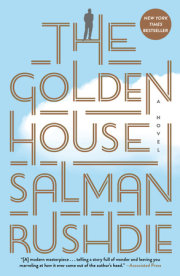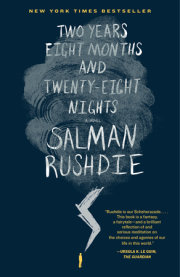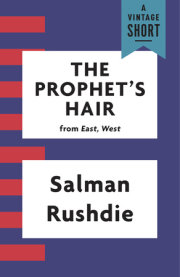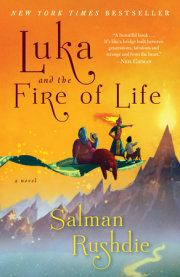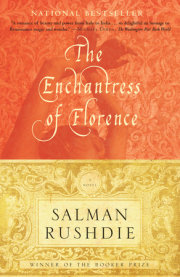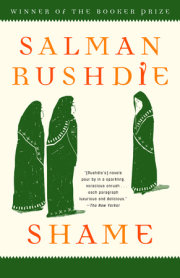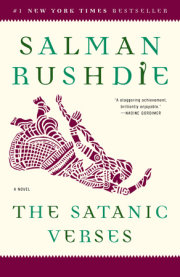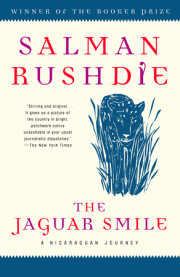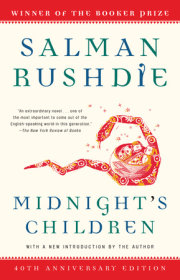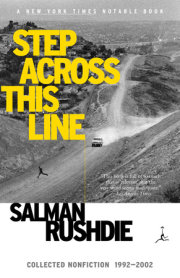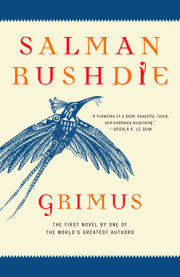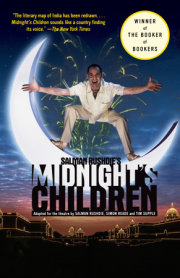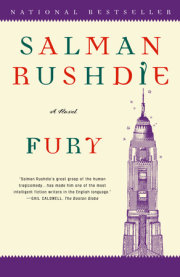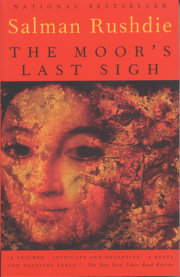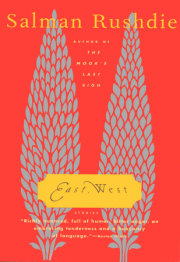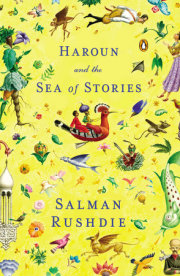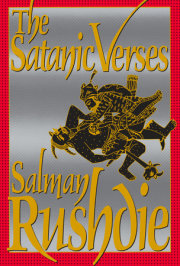Imaginary HomelandsIntroduction
1 Imaginary Homelands
"Errata": Or, Unreliable Narration in
Midnight's ChildrenThe Riddle of Midnight: India, August 1987
2
Censorship
The Assassination of Indira Gandhi
Dynasty
Zia ul-Haq. 17 August 1988
Daughter of the East
3
"Commonwealth Literature" Does Not Exist
Anita Desai
Kipling
Hobson-Jobson
4
Outside the Whale
Attenborough's Gandhi
Satyajit Ray
Handsworth Songs
The Location of Brazil
5
The New Empire within Britain
An Unimportant Fire
Home Front
V. S. Naipaul
The Painter and the Pest
6
A General Election
Charter 88
On Palestinian Identity: A Conversation with Edward Said
7
Nadine Gordimer
Rian Malan
Nuruddin Farah
Kapuscinski's Angola
8
John Berger
Graham Greene
John le Carre
On Adventure
At the Adelaide Festival
Travelling with Chatwin
Chatwin's Travels
Julian Barnes
Kazuo Ishiguro
9
Michel Tournier
Italo Calvino
Stephen Hawking
Andrei Sakharov
Umberto Eco
Gunter Grass
Heinrich Boll
Siegfried Lenz
Peter Schneider
Christoph Ransmayr
Maurice Sendak and Wilhelm Grimm
10
Gabriel Garcia Marquez
Mario Vargas Llosa
11
The Language of the Pack
Debrett Goes to Hollywood
E. L. Doctorow
Michael Herr: An Interview
Richard Ford
Raymond Carver
Isaac Bashevis Singer
Philip Roth
Saul Bellow
Thomas Pynchon
Kurt Vonnegut
Grace Paley
Travels with a Golden Ass
The Divine Supermarket
12
Naipaul Among the Believers
"In God We Trust"
In Good Faith
Is Nothing Sacred?
One Thousand Days in a Balloon

